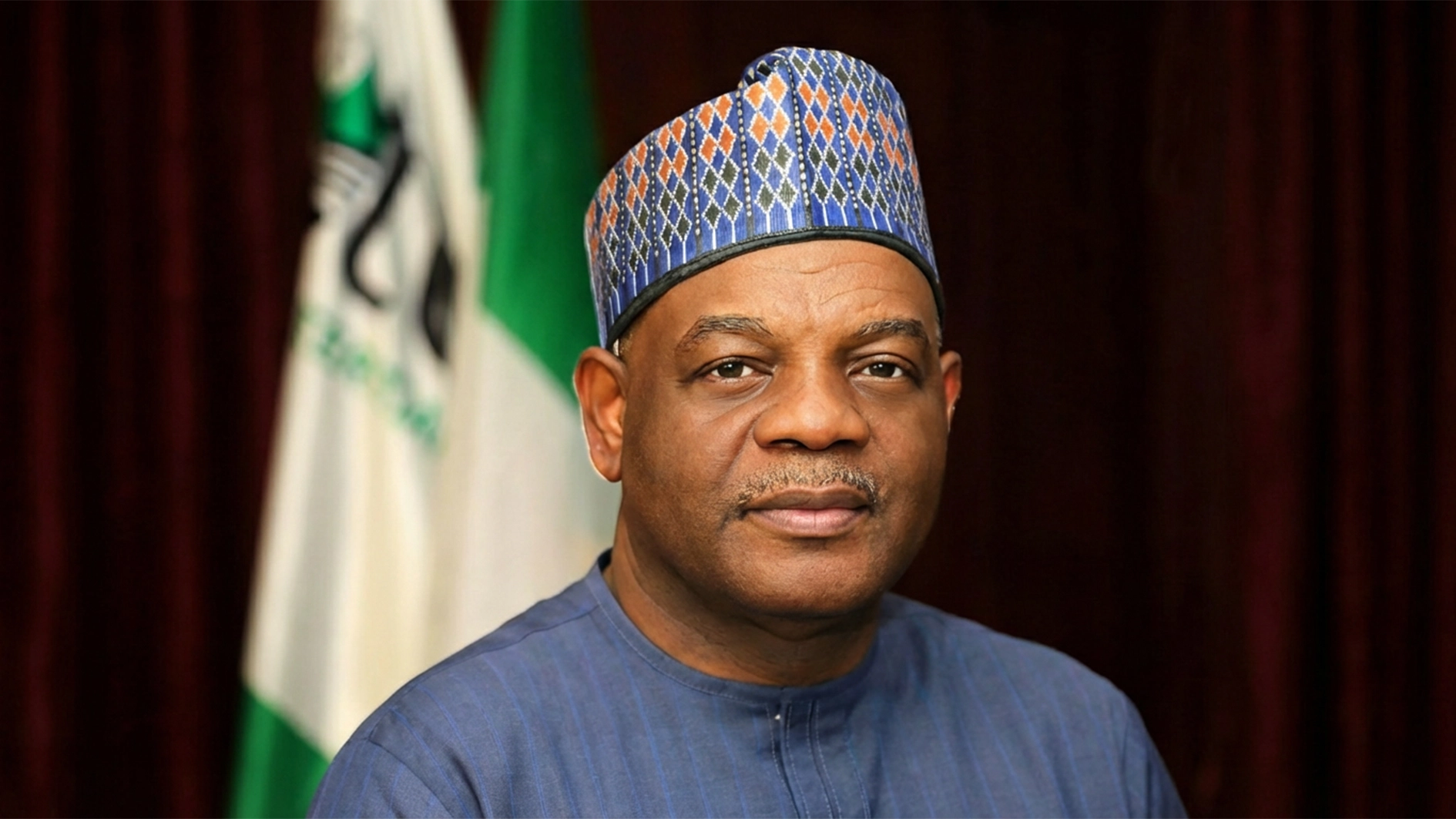
To improve bi-lateral trade relations between Germany and Nigeria, constant training has been emphasised. This was the outcome of the ninth edition of German-Nigeria Business Forum held in Lagos.
Delegate, German Industry and Commerce in Nigeria, Katharina Felgenhauer, stated that the forum was established to facilitate business relationships between Nigeria and German companies.
She added that both countries have maintained strong trade relationships over the years, adding, however, that COVID-19 pandemic has greatly affected this as a result of interruptions in supply chain, travel restrictions and the general economic downturn.
“Nigeria is coming back strong, so, we’re here to accompany that process and make sure that German business partners take part and support the coming back,” she said. She noted that the delegation of the German Industry in Nigeria is supported by the country’s ministry for economic affairs and energy and others. While the partnership is used in promoting specific sectors in Nigeria, particularly, renewable energy, green hydrogen, secular economy and water management, it is also involved in agriculture business, food processing, packaging and logistics business and also for technical and vocational training.
“We have dedicated competent centres to focus on these sectors and the last one is innovation and start ups. We have built market expertise and provided dedicated services for German and Nigeria companies to promote innovation and economic progress in those fields.” Felgenhauer said.
Acting German Consul General, Bernd Von Munchow-Pohl, said Germany’s relationship with Nigeria is focused on direct investment, supply of technology and machinery, through transfer of knowledge and technology.
He, however, urged Nigerians to increase and multiply its non-oil export to Germany as oil products currently dominate about 70 per cent of Nigeria’s export. According to him, Nigeria has the potential to diversify and develop its economy but will require investments and favourable policies to provide a conducive environment for exporters.
Minister of Works & Housing, Babatunde Fashola, in reference to the Ikoyi building collapse, called on the academic sector to utilise available funds, grants and other financial support to upgrade its facilities to equip students with first hand practical experience in respective disciplines both in and after school.
He suggested a minimum of one year practical compulsory training for civil engineering students/graduate trainees to receive hands- on experience specifically in construction sites.
Fashola said: “We need to tweak our training programmes for those in the construction industry. Civil engineering students doing intern and others should be sent in construction sites not Construction companies, where they could have a real life practical experience of their professions.”
Lagos State Governor, Babajide Sanwo-Olu, represented by Special Advisor, Lagos State Office on Sustainable Development Goals (SDGs), Mrs Solape Hammond, reiterated the government’s commitment to make the state Africa’s most preferred investment hub through sound policies.
“It is imperative that we ensure the operating environment for business in Lagos remains attractive to promote accelerated growth and development,” he said.
According to him, Lagos is one of the states that contribute to ease of doing business index, considering the huge investment required to optimally harness its socio economic resources, which is the fifth largest economy in Africa.
He added that Lagos has established the office of sustainable development goals to act as an interface between government agencies and existing potential investors, which would serve as a one stop centre facilitating a lot of interventions for interested investors.
Sanwo-Olu also lauded the forum for its focus on technical vocation education and training, which is critical to building capacity for optimal and suitable harnessing of opportunities in various sectors.
Participants and speakers at the event lamented outdated knowledge, facilities and machines, skills gaps, dearth of opportunities in most sectors especially the technical subsector of the economy.
These experts maintained that lack of in -depth knowledge of current trends in different sectors of the economy orchestrated by lack of training by corporate organisations has done colossal damage to life and property as evident in the recent collapsed building in Lagos.
They called for a holistic overhauling and disciplinary actions as an accountability system in every sector for the purpose of eliminating quacks. Speaking at the forum, Acting Executive Secretary, Nigerian Investment Promotion Commission (NIPC), Emeka Offor, represented by Director of Policy Advocacy of the Commission, Mr John Oseji, affirmed that NIPC has strategies and initiatives to attract investment into the identified national sectors of the economy to enable the country benefit from the immense opportunities offered by AfCFTA.
He also stated that the commission has identified and is targeting 20 strategic countries to attract investment into the economy, noting that Germany is one of such strategic countries and urged the German investors to invest in Nigeria to take advantage of the large market and the access provided by the country to the ECOWAS sub-regional market.
The forum focused on African Continental Free Trade Agreement (AfCFTA), energy and environment, construction, finance, sustainability, food security, agribusiness, and others. Sponsors of the event were, Julius Berger, Construction Kaiser, GEA, Siemens Energy, Lagos Free Zone, VDMA, Access bank, Aliko Dangote Foundation, Arla, Deutsche Bank, KFW among others.






